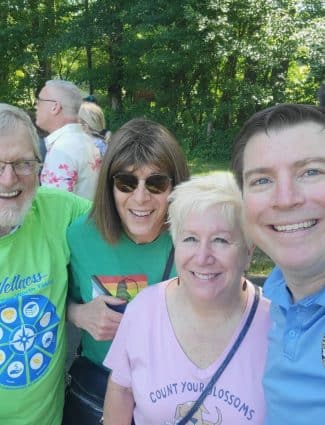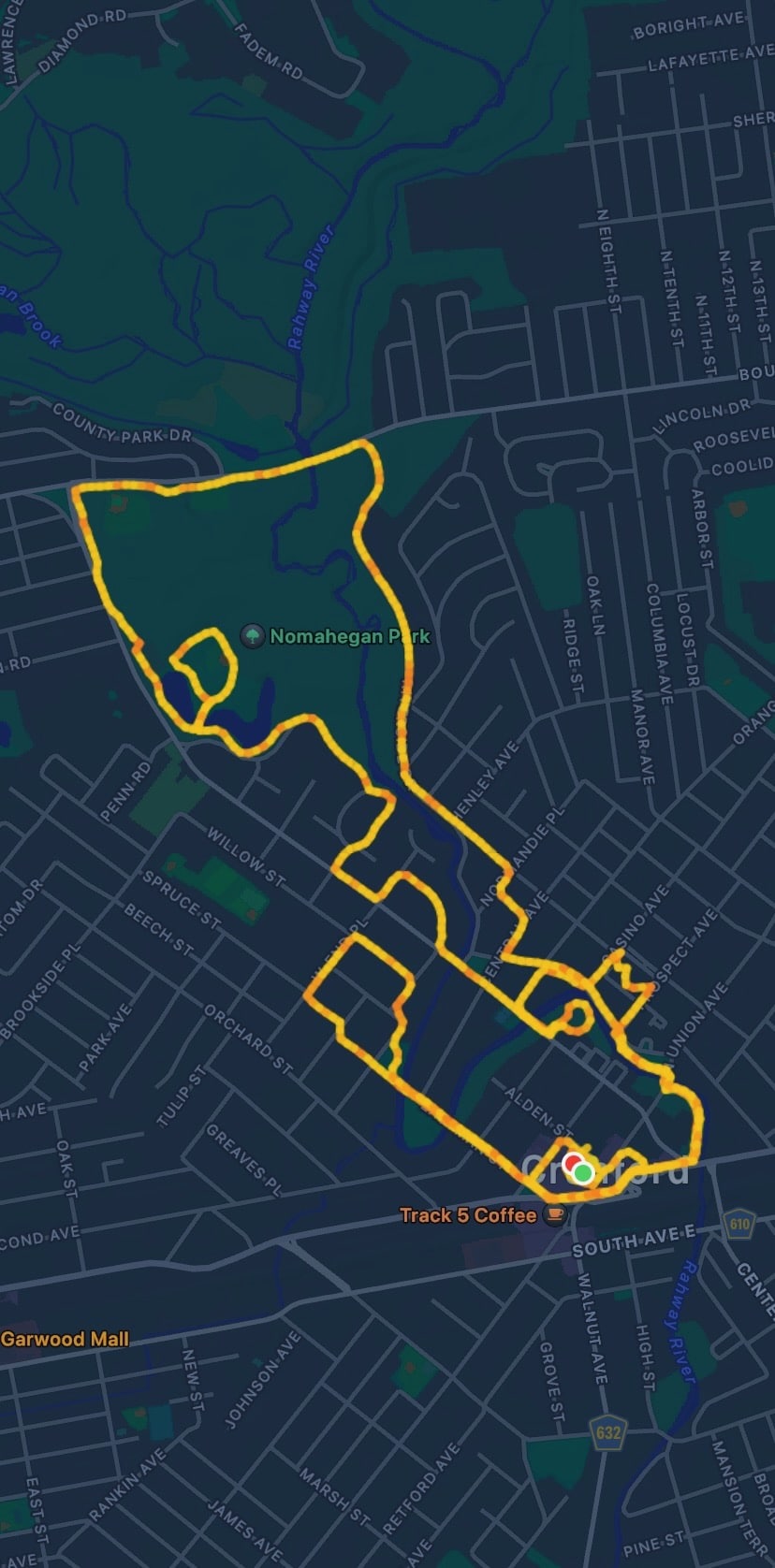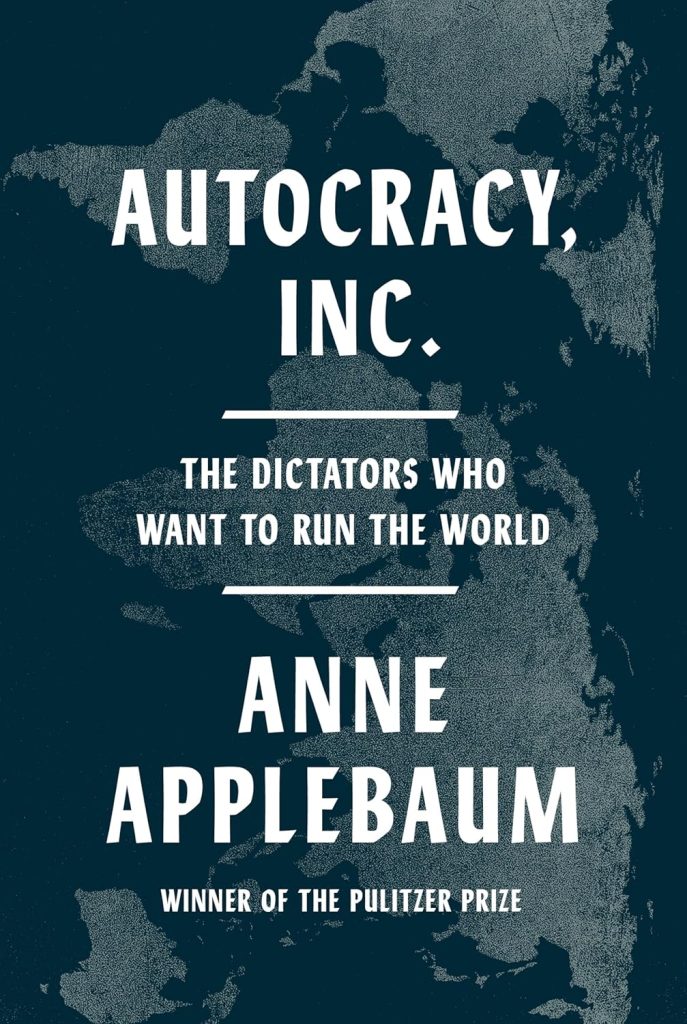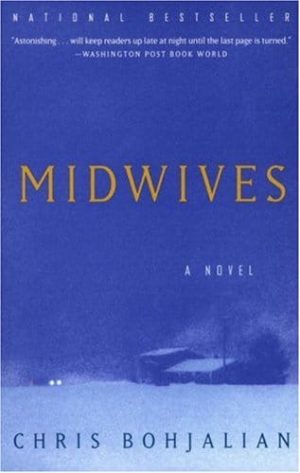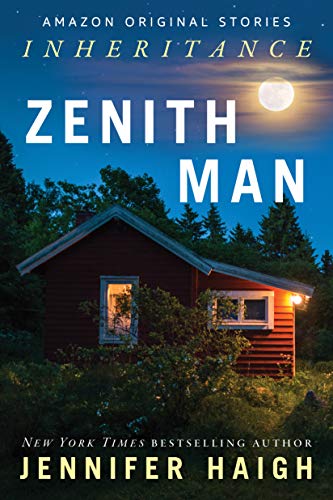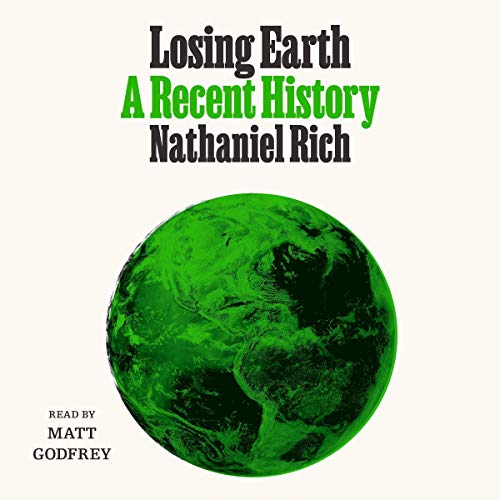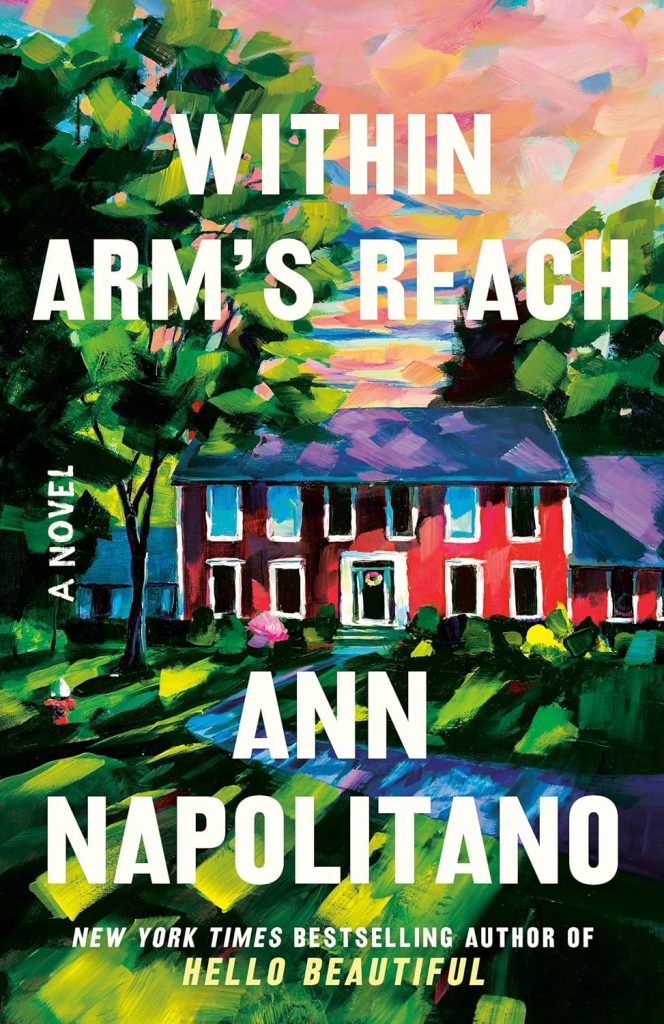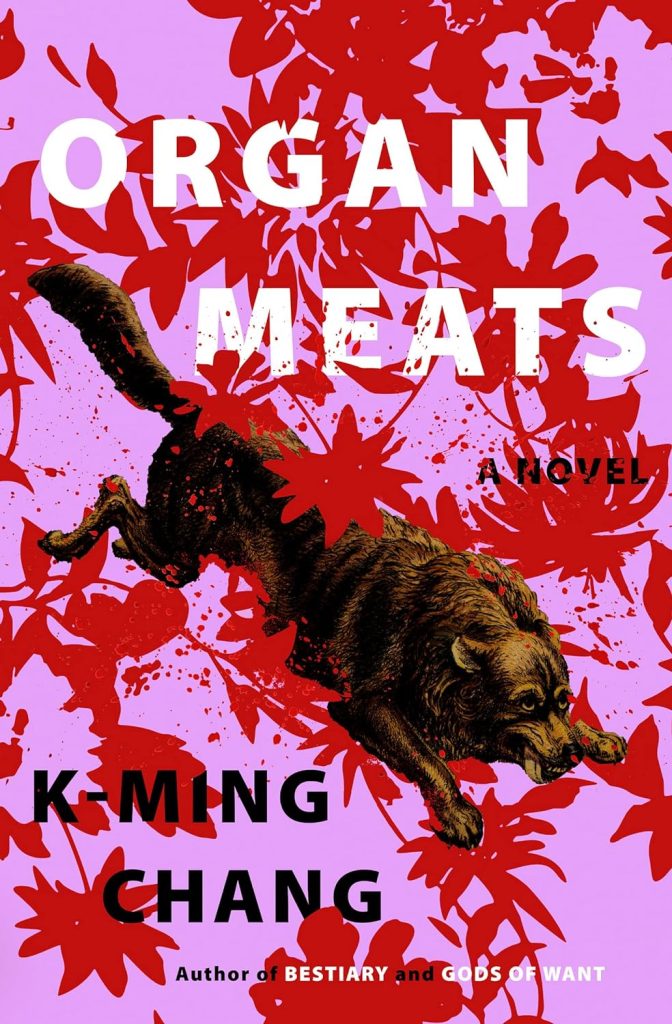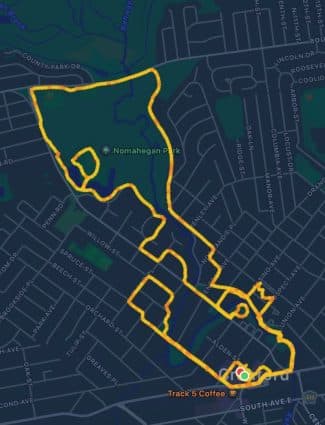
Three Years and Three Months of Walking
A Journey of Personal Growth and Unyielding Resilience!
Estimated reading time: 2 minutes, 1 secondAs I was trimming my toenails last week, a sudden, stabbing pain shot through my lower right back, catching me by surprise. It was reminiscent of the same intense pain I had experienced on the Friday morning before my wife’s last hospital visit. Each time, the pain in my back far exceeded the level when asked by the nurse on a scale from one to ten. This recent episode warranted a ten plus on that scale. To manage the discomfort, I resorted to using lidocaine patches, although applying them to the hard-to-reach area of my back proved to be quite a challenge. I wish the company producing these patches would offer a discount to older individuals living independently, as I discard about half of them due to this difficulty. Regardless of these hurdles, I remain committed to my daily walks, covering a distance of 7 to 8 miles every morning. However, enduring prolonged periods of sitting has proven to be quite trying.
This morning, I marked my 1188th consecutive day of walking, three years and three months since the morning after the funeral. As I look back on that first-morning walk, I’m amazed by the unexpected, unguided journey it has become. It’s about more than just physical activity or connecting with the natural world. Unlike believing every journey must have a clear destination, I’ve always wandered. I roam along paths, wondering if I’ve been on them before, with no specific endpoint in mind as long as I ultimately make my way home. It’s a symbolic expression of my emotional journey, exploring the mysterious future ahead.
Lately, I’ve been experiencing noticeable changes in my physical and emotional well-being. I’ve observed a decrease in my weight and an increase in my energy levels. According to my annual check-ups, my blood pressure is consistently within the normal range, which is reassuring. Moreover, I’ve encountered new companions during my walks, and I feel more resilient and less burdened by anxiety.
While I’ve managed to overcome grief, I’ve also learned to allow myself moments of respite. Despite living alone, I’ve found a community among my cousins that gives me a sense of belonging and a reliable support system, making it easier to face the challenges of solitary living. Sometimes, I wonder if I’ve become a better version of myself or if I’m deceiving myself.



